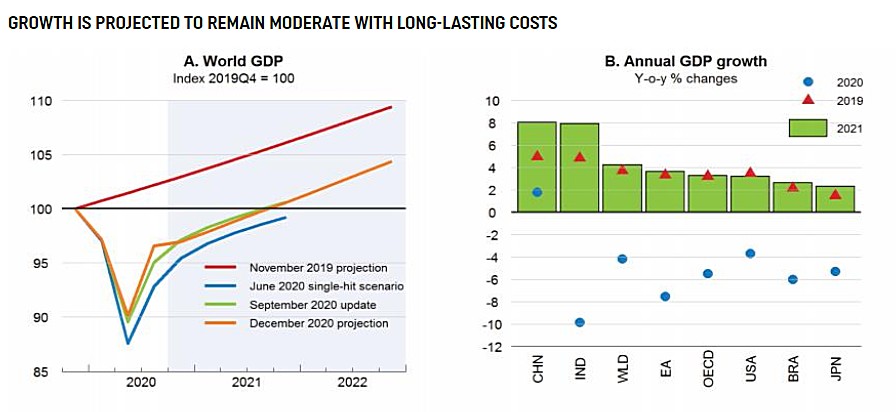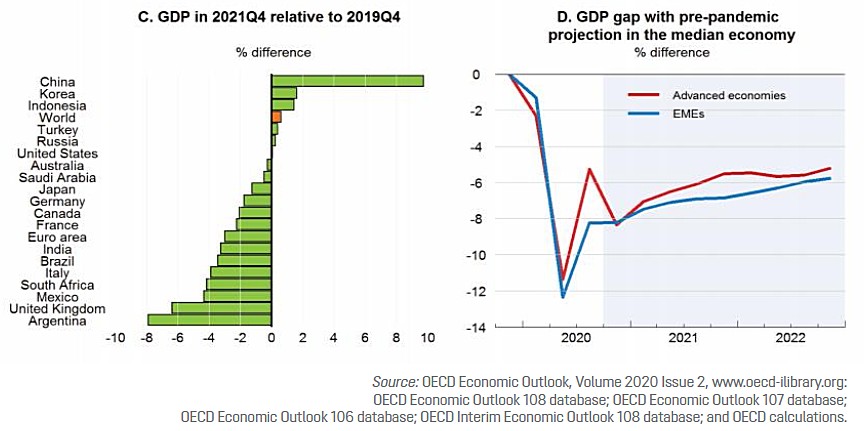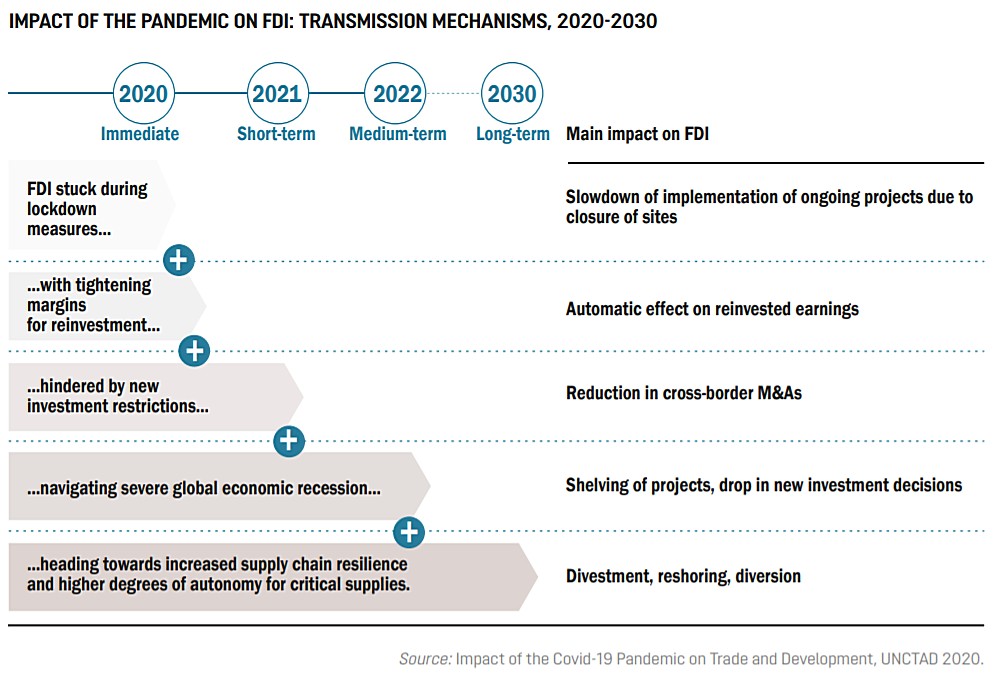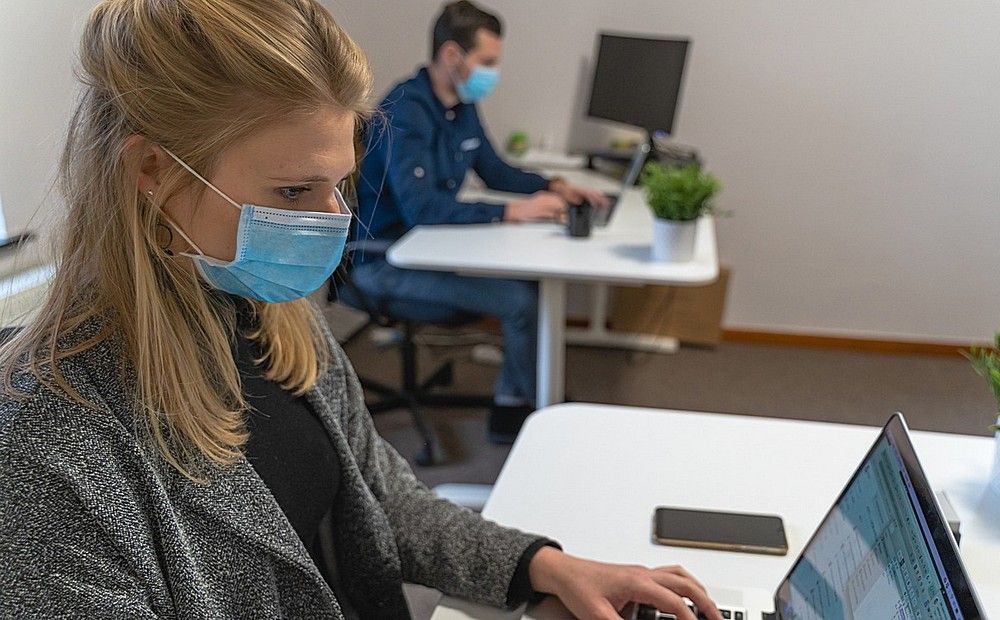2021 continues the new era of social distancing and remote communication. Reliance on technology keeps increasing in both professional and personal contexts. With the help of AI-driven technologies, the line between physical space and virtual will forever be blurred.
Products traditionally sold offline, in 2020 were increasingly selling online. As companies strived to find new ways of delivering service to customers amid lockdowns, they began to consider how to deliver some of the services through virtual interfaces, using technology such as augmented reality, virtual reality, and mixed reality. Adoption of digital commerce has accelerated by multiple years in only a few months. Social commerce, evolution of omnichannel commerce, instore transformation, and headless services are e-commerce trends that will shape the 2021 innovation roadmap.
People can now "try on" make-up, eyewear, and clothes from the comfort of their homes, and this "try-before-you-buy" model will be developing (e.g. by Facebook that aims to one day launch an assistant to serve up product recommendations on the fly).
Any kind of event has the potential to go beyond simple live streaming and turn into a fully digitalised alternative offering full experience. Transformation in tourism also seems inevitable; the sector becomes reliant on VR/AR technologies and offers virtual experiences including what traditional tourism is not able to offer, such as visiting places of the past or places regularly inaccessible or even places that do not exist (such projects exist in Cyprus as well, e.g. EnterCY). For education, healthcare, real estate, mass media, and many other sectors VR/AR-driven changes will also be profound.
UNCERTAIN REBOUND: V, U, L, OR W?
The pandemic has created an environment of fundamental uncertainty. Despite very hopeful vaccine news, this situation is likely to last for the foreseeable future, which makes any forecasting for 2021 exceedingly difficult.
As the world enters 2021, the second wave is still happening worldwide, and its, yet unknown, size and duration as well as that of any potential future waves is a crucial factor.
Even before Covid-19, developed economies had been still suffering the consequences of the 2013 crisis. In 2020, the situation was exacerbated, and there has been much speculation on how the eventual economic recovery will be: V-shaped, as was the case with all previous epidemics; U-shaped, i.e. gradual but relatively fast; L-shaped, which means getting back to normal will be long and slow; or even W-shaped, if Covid-19 reappears.
For the EU economy, Brexit remains a major threat, particularly for some countries including Cyprus, although the deal reached between the UK and the EU in December is viewed as accelerating the U.K. economy’s recovery in the year ahead. In turn, the European Commission has put forward a proposal for a Brexit Adjustment Reserve to help counter the adverse economic and social consequences in the member states and sectors that are worst affected. It will have an overall budget of €5 billion.



OECD’s forecast for 2020 is that global GDP contracts by 4.2%, Bloomberg gives a similar estimate, 4.1%. For 2021, both organisations see the global economy reversing back to growth of 4.2% and 4.9% respectively.
According to the European Commission’s outlook, the Eurozone economy will suffer a decline of 7.8% of GDP in 2020; Cyprus will see its GDP contracting by 6.2%, but returning to growth of 3.2% in 2021. The Central Bank of Cyprus forecasts -6.2% for 2020, 4.1% for 2021, and 3.4% and 2.7% for the following two years respectively. The economy is expected to return to pre-pandemic levels in Q3 2022.
Sources: forbes.com, hrtrendinstitute.com, gtm-plus.com, cyprus-mail.com, bloombergquint.com, financialmirror.com, finch.com, nnip.com, unctad.org, oecd-ilibrary.org, globalwebindex.com, contactpigeon.com, virtualreality-news.net, eiu.com, statcdn.com, ec.europa.eu, www3.weforum.org, www.pwc.com.cy, zdnet.com, financesonline.com, rise.org.cy, dgepcd.gov.cy, bbc.com, enterprisesurveys.org, classeditori.it








